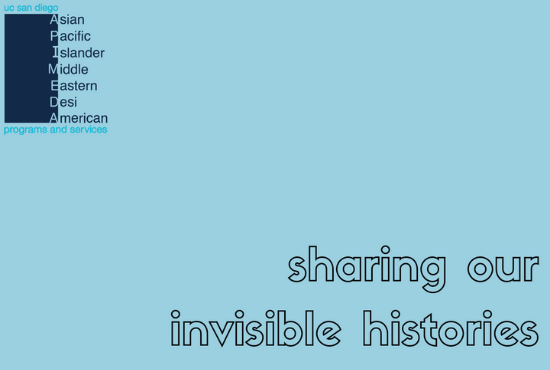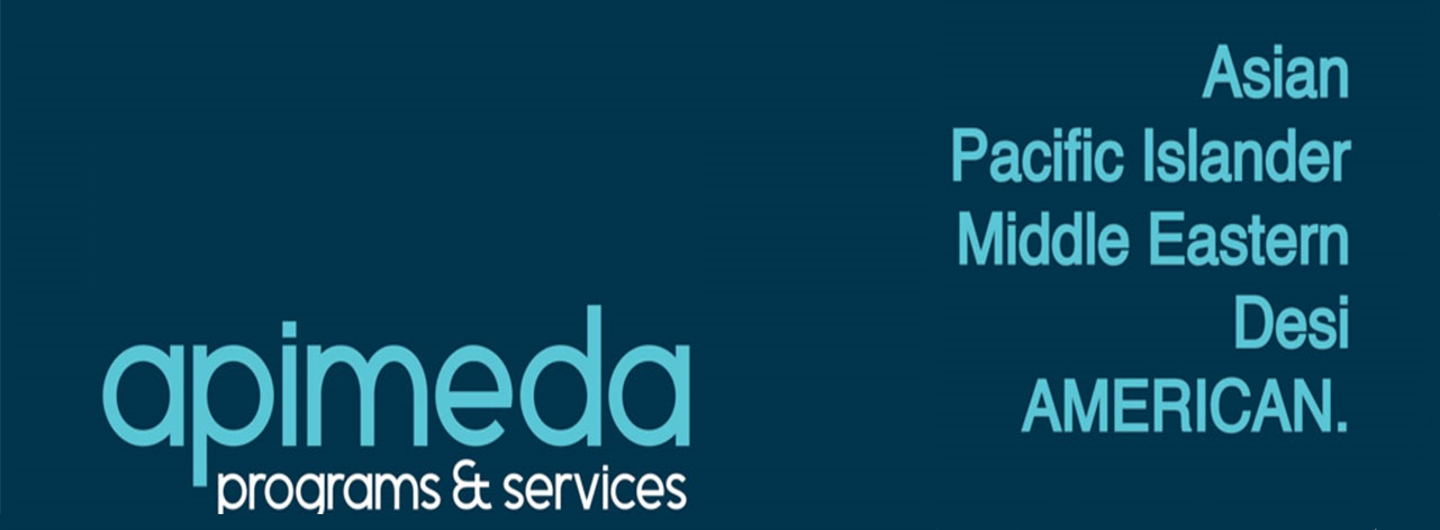Asian Pacific Islander Middle Eastern Desi American (APIMEDA) Programs and Services
APIMEDA Programs & Services provides community and retention support for all students, centering those who are part of our large and diverse APIMEDA communities.
APIMEDA Programs and Services is an initiative within the Office of the Vice Chancellor for Organizational Transformation organizational structure. As an office, we are continuing to develop and grow programs that center our large and diverse APIMEDA population as all members of the UC San Diego community find their place and thrive on campus.
APIMEDA Programs and Services encourages community development, enhances coalition building with and within the APIMEDA students, staff and faculty, fosters greater visibility for the diversity within the APIMEDA community, and helps students gain skills for success in their future careers. APIMEDA Programs and Services serves all students, centering those from a variety of ethnic and cultural groups that make up the Asian American, Pacific Islander, and Southwest Asian North African American communities.
Taking into considerations the access and achievement disparities between and amongst APIMEDA people, APIMEDA Programs and Services is tasked with providing sustained support and resources that “truly take into consideration the voices of the students and communities" (CCAAS, 2014).

Sharing Our Invisible Histories
Many events in APIMEDA history are not shared through general education. The APIMEDA Sharing Our Invisible Histories series shares points in APIMEDA history that need more attention.

Fall 2025 Hours
Welcome Week
Monday through Thursday: 10:00 a.m. - 4:30 p.m.
Friday: Closed for First Friday. Visit us during that event!
Fall Quarter 2025 Hours
Monday through Wednesday: 10:00 a.m. - 6:00 p.m.
Thursday: 11:00 a.m. - 7:00 p.m.
Friday: 10:00 a.m. - 3:00 p.m.
*Note that these are our regular hours based on staff availability and may change due to unexpected circumstances or events.
APIMEDA Programs & Services
Mailing Address
9500 Gilman Drive
Mail Code 0088
La Jolla, CA 92093-0088
Phone: (858) 822-0525
Email: apimeda@ucsd.edu
Location
We are located on the second floor of Price Center West, next to the SPACES and the Marshall College room.
